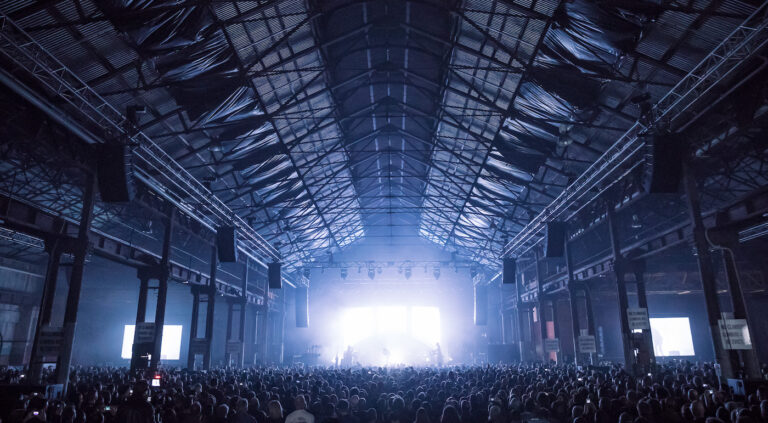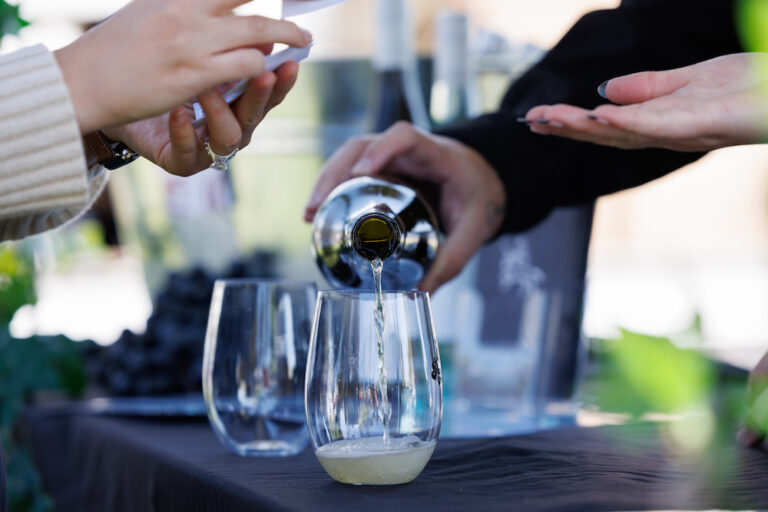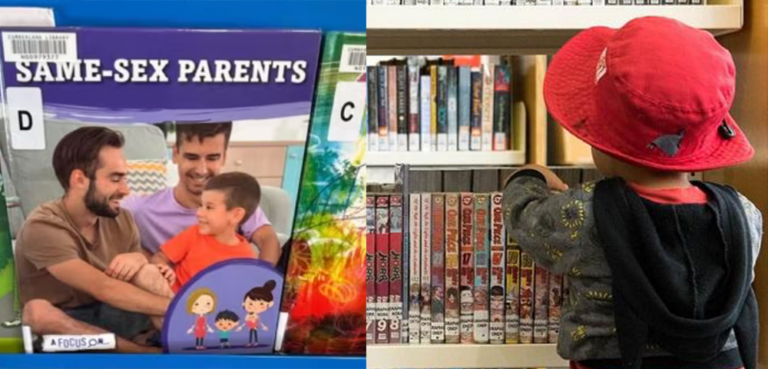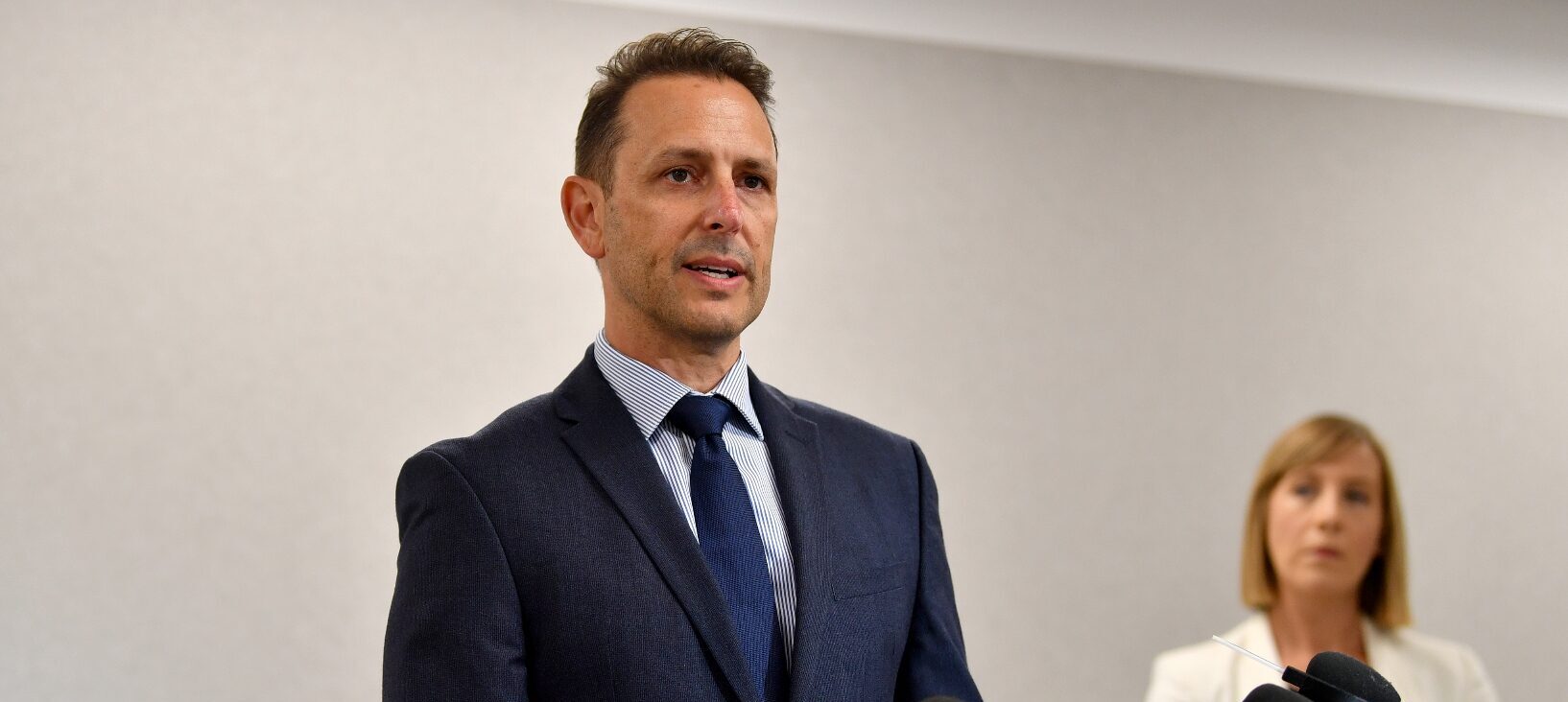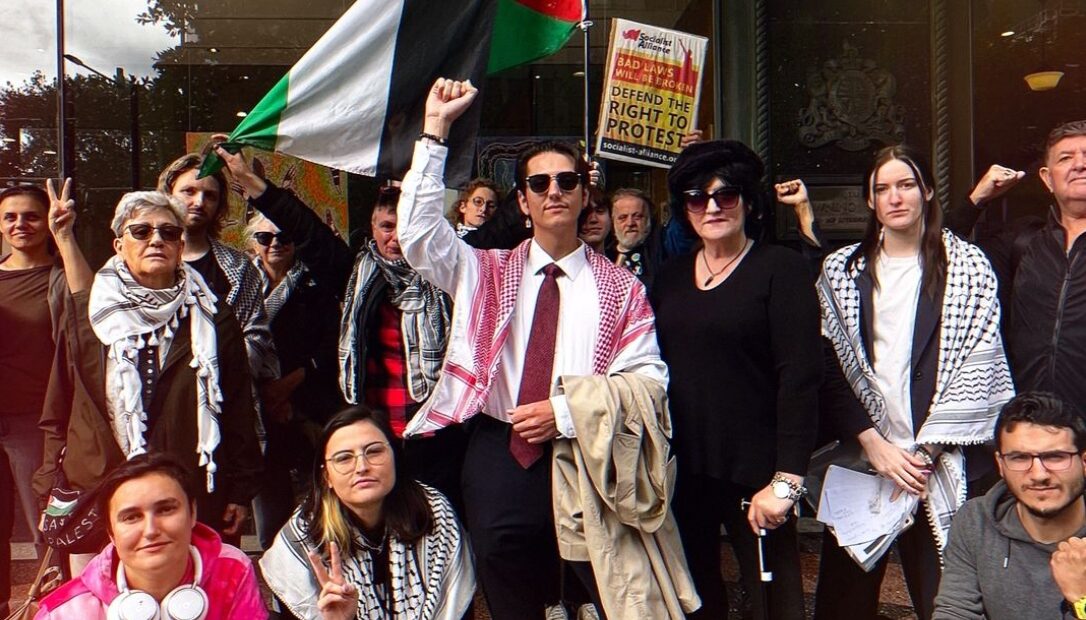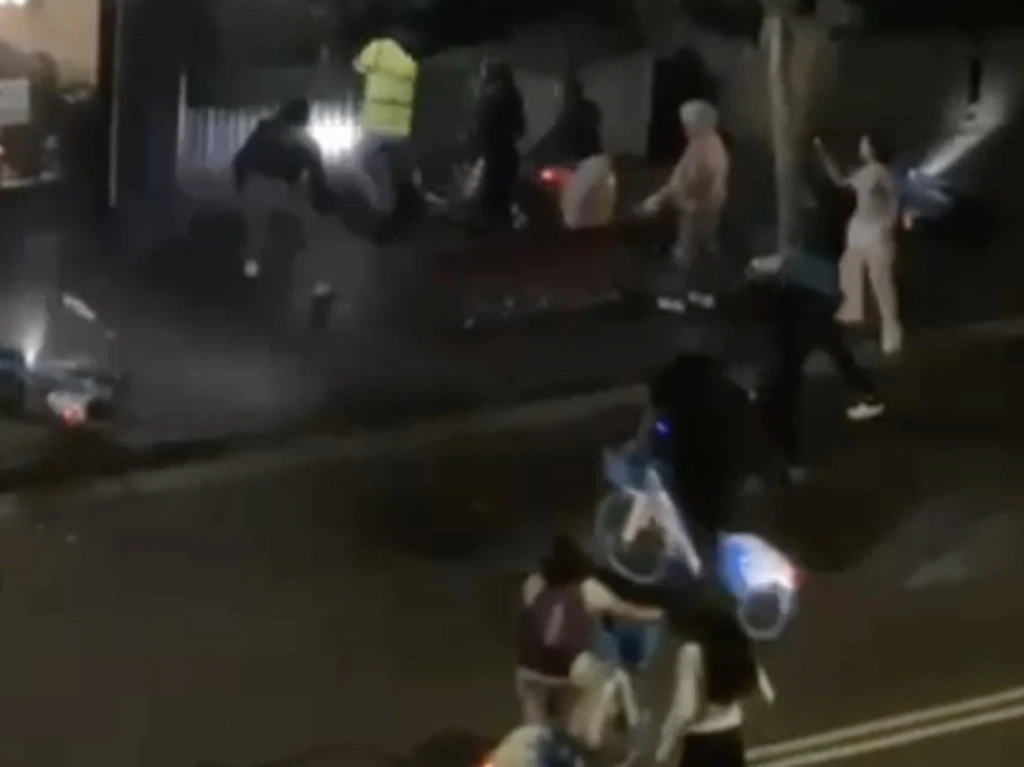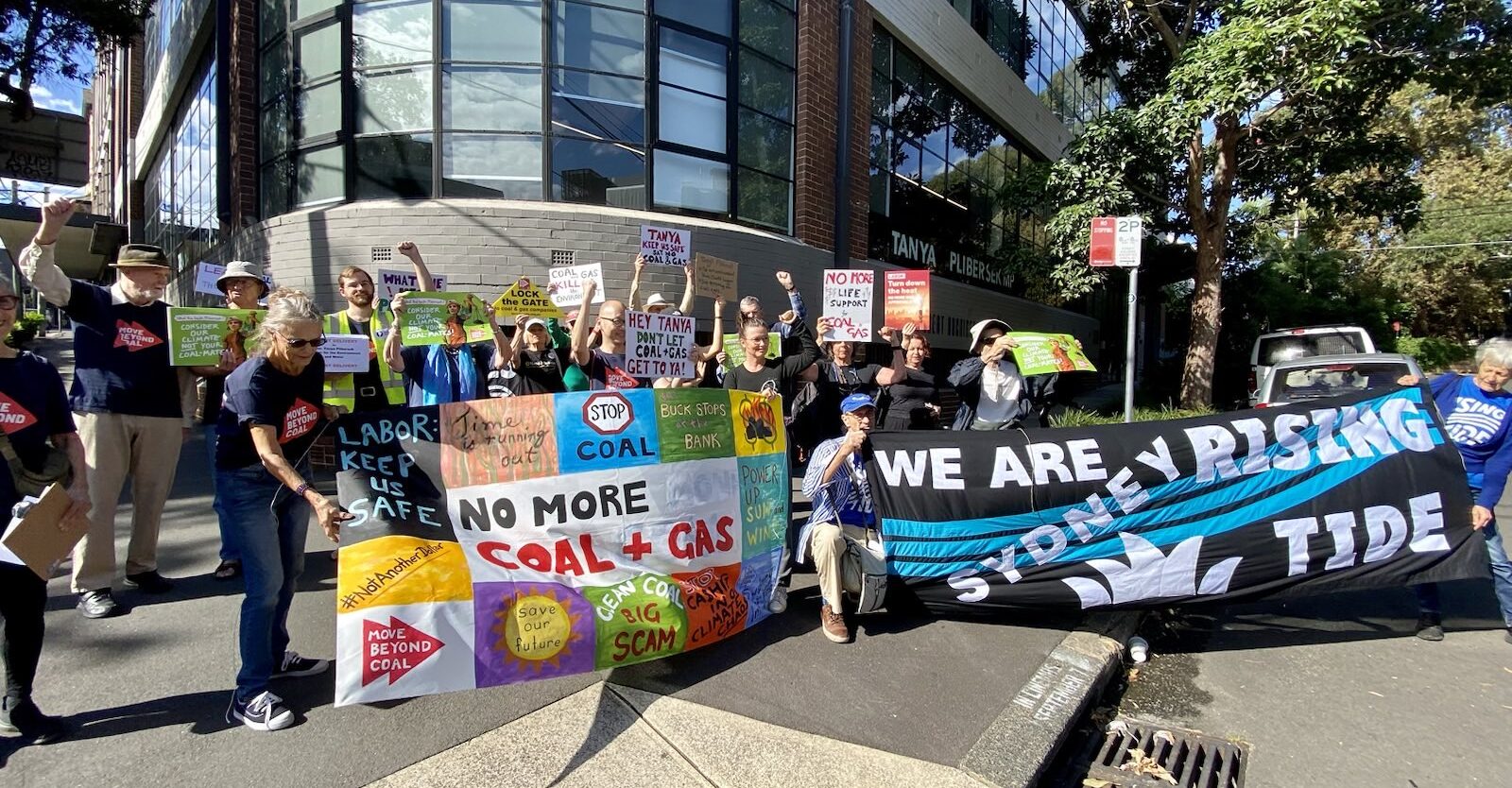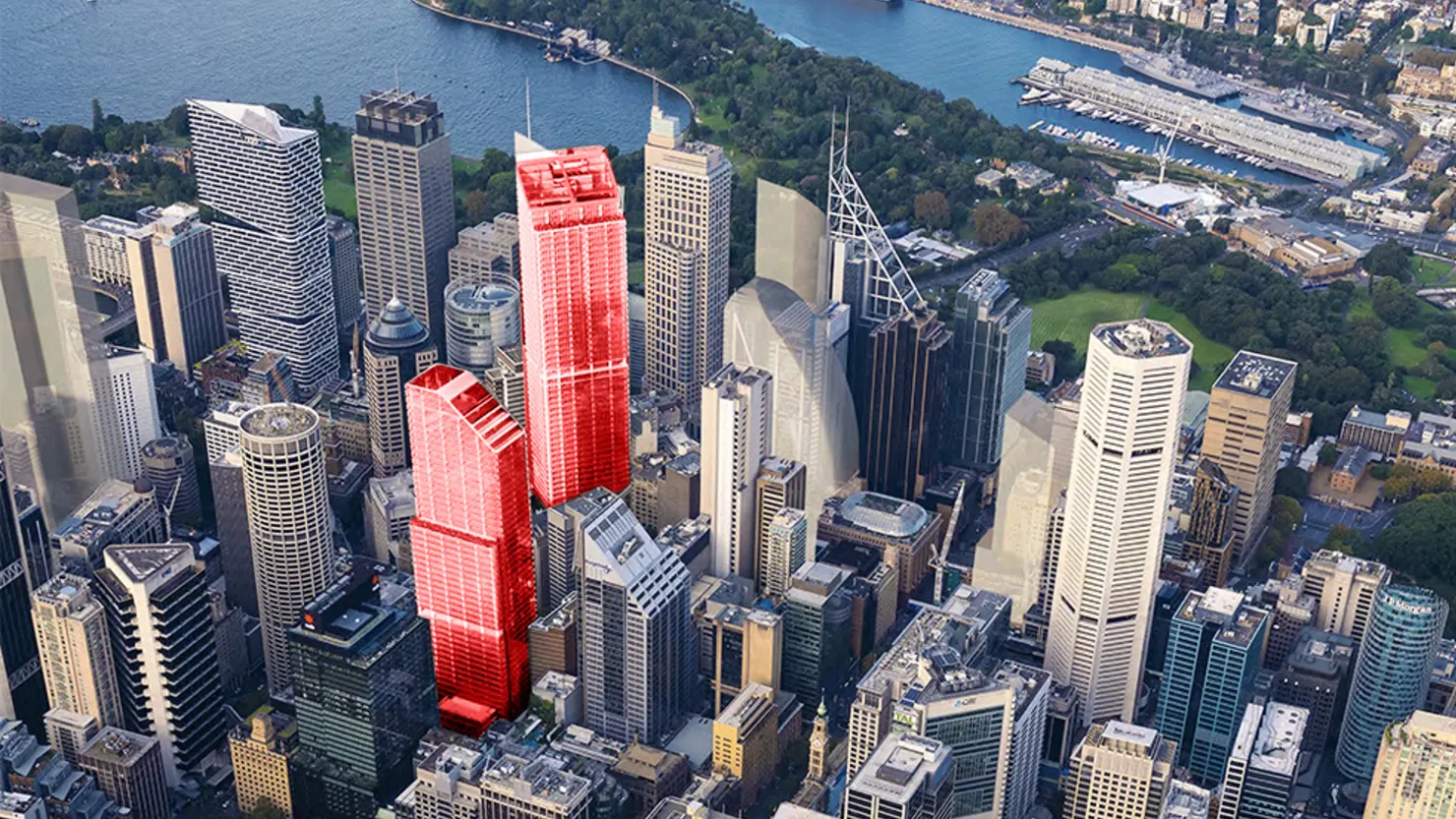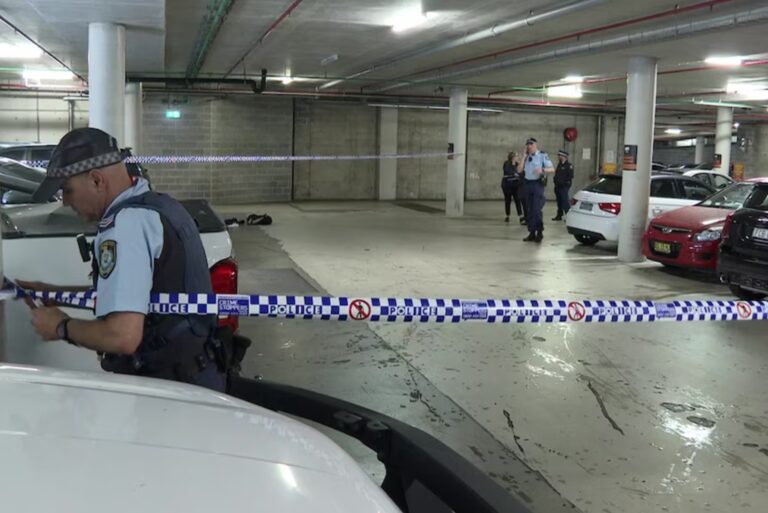
Coronavirus complicates problems faced by homeless
By JOHN MOYLE
In uncertain times the one certainty is that the homeless are likely to be hit harder by COVID-19 than the general populace. Health-wise they are already in an unenviable position having a life expectancy of almost half that of the average Australian.
The homeless are also over-represented with mental disorders, alcohol and drug use, injuries, skin infections, poor compliance with medications and blood-borne viruses such as hepatitis B and C and HIV.
In February 2020, the City of Sydney’s Street Count found 334 people sleeping rough in the inner city.
Homelessness come in many forms
But homelessness comes in many forms and may include women and children fleeing domestic violence, people impacted by family breakups, the unemployed, and youths with no support.
Between 2011 and 2016, homelessness in NSW increased by 37 per cent, and in 2016 over 37,700 people experienced homelessness on any given night.
There are currently 60,000 families on the social housing waiting list in NSW and less than one per cent of private rentals in Sydney are affordable to those on low incomes.
With around 51,000 Australians living in overcrowded conditions there will be pressure on accommodation if they need to self-isolate to contain the virus.
Many of the homeless rely on outreach services for rudimentary health care, but in the time of COVID-19 many of these services are already coming under pressure and have cut back hours.
“People who have been rough sleeping, particularly for long periods of time, are more likely to be experiencing complex health issues which leaves them more vulnerable to adverse outcomes if they are diagnosed with the virus,” James Toomey, CEO, Mission Australia said.
Already one inner Sydney shelter housing five women has closed and pressure has been placed on their clients, who have hallway housing, to move into public housing to free up space.
“It’s been a frustrating process getting a timely response from Government and we have been advocating now for over two weeks about getting a response around homelessness,” Katherine McKernan, CEO, Homelessness Australia said. “Because there has been limited information coming through on what the plan is it has been difficult to work collaboratively.”
The Department of Communities and Justice (DCJ) have outreach teams working in the homeless community which are often joined by a doctor from St Vincent’s Health. “DCJ homelessness assertive teams are continuing to engage with rough sleepers in Sydney and are providing people sleeping rough with advice from NSW Health,” a spokesperson from Department of Communities and Justice said.
Lord Mayor Clover Moore said “Our Public Space Liaison Officers have been out across the city talking to people sleeping rough, providing the most up-to-date health information along with information about service provisions as it changes.”
Vinnies NSW is one of the largest service providers operating in the inner city with several accommodation services, including the Matthew Talbot Hostel in Woolloomoloo and Vincentian House with 23 self-contained units, 10 single women’s rooms, a child-safe facility and 24/7 staff support in Surry Hills.
“At this time, our services, including crisis accommodation centres, remain open and running, with increased hygiene and safety measures in place,” Brett Macklin, Vinnies’ NSW Director of Homelessness and Housing said.
Other anxieties
Amir, a homeless person who volunteers with StreetCare, said “I think that the homeless and rough sleepers have bigger worries than the virus. I disagree with the assumption that rough sleepers will be spreaders because all the services where I have been are really taking precautions, including masks and gloves when serving food.
Maddy Humphries from StreetCare agreed when she said “The messaging has been pretty consistent in regards to public health but for rough sleepers there are a range of concerns that are threats to their survival that are going occur today or sometime in the future and is really not going to put the virus high on their priority list.
“Concerns such as where are they going get their next meal from or where they are going to sleep.”
Amir was also not worried about the introduction of cashless transactions affecting the homeless as he said “Most of the homeless do have cards as they get their benefits paid into them, and that would be around 97 per cent of the people.”
St Vincent’s Hospital Homeless Health Service said “The Homeless Health Service are liaising with other health districts to coordinate a health response for people experiencing homelessness affected by COVID-19, including the utilisation of residential support facilities.”
The Wayside Chapel has long been a focal and meeting point for inner Sydney’s homeless and has been working hard to come up with a response to COVID-19 and how it will translate to their ongoing health care.
Last week the Wayside closed for a day, sending panic amongst its many users as it formulated its response, which has included the scaling back of non-essential services at Kings Cross and Bondi. In Bondi the Community Services Centre will operate at reduced hours and all non-frontline and administrative staff have been directed to work from home and all meetings will be held virtually.
“It is really hard to say how the measures are going at the minute because it is a really rapidly evolving situation and there is a balance to be struck between taking measures that will protect the services and access,” Maddy Humphries said.

